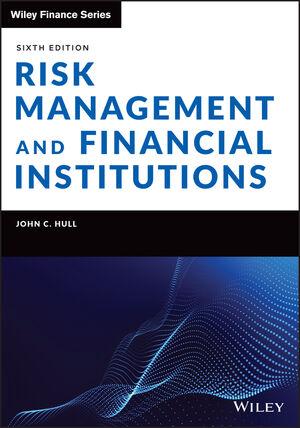Answered step by step
Verified Expert Solution
Question
1 Approved Answer
thank you in advance 1. Use the sustainable growth template in Figure 9.2 and the following data to answer the questions below: Factor Definition and




thank you in advance
1. Use the sustainable growth template in Figure 9.2 and the following data to answer the questions below: Factor Definition and Value 1. Asset Turnover Sales / Total Assets = 2.0 2. Financial Leverage Total Assets / Equity = 4.0 3. Return on Sales (ROS) Net Income / Sales = 7% 4. Dividend Retention (R) Fraction of Net Income Retained = 1/4 a. C. What is the sustainable growth rate, g*? b. What level of initial equity investment is required if Year 2 sales are to reach $2,500? What is the new g* if the firm pays no dividend? d. If the firm would like to achieve a g* of 25% with no change in dividend policy, what level of financial leverage would be required? 2. EBIT/Sales = 15%, Sales/Assets = 2.0, Assets/Equity = 2.0, the dividend payout ratio = 10%, the interest rate on debt = 10%, and the tax rate = 40%. a. What is the sustainable growth rate? b. How does the sustainable growth rate change in response to reducing any of the above ratios or percentages by one-half (e.g., EBIT/Sales = 7.5%)? How does the sustainable growth rate change in response to increasing any of the above ratios or percentages by one-half (e.g., EBIT/Sales = 22.5%)? d. Do some changes have greater impact on the sustainable growth rate than others? Are the effects linear or nonlinear? Explain your findings. C. 3. A software start-up, Lutoj, Inc., is developing a new smart home software product. Lutoj believes revenue must reach $5 million in Year 3 for the product to be viable. Lutoi's operating margin (EBIT/Sales) is 20%, the tax rate is 30%, and asset turnover is 5X. The founders have a total of $200,000 for initial equity funding. Assume Lutoj will pay no dividend. a. With no other financing, will the $200,000 of founder investment be sufficient to achieve the Year 3 sales target? If not, what level of initial equity investment would be required? b. Assume Lutoj cannot raise additional equity, but will use debt to achieve the scale necessary to reach the Year 3 sales target. They can borrow at an 8% annual interest rate before tax. How much debt will initially be required? 4. Lillian Jordon is considering using some of the cash generated from her mail-order business to open a retail store. The fixed investment in the store is expected to be $3.5 million. The investment can be depreciated over five years, after which point annual expenditures of $300,000 will be sufficient to maintain the facility. These maintenance outlays can be expensed in the years they are made. The required investment in net working capital is expected to be 25% of annual sales. Variable cost is estimated to be 35% of sales. a. If annual fixed costs other than depreciation total $600,000, what is the cash flow breakeven point of the venture during the first five years? What is it after the fifth year? In either case, how does the cash flow breakeven point compare to the breakeven point of net income? b. Suppose Lillian projects first-year sales of $1 million, second-year sales of $4 million, and sales after the second year of $1.8 million. How much of an investment will be required to undertake the project? How much surplus cash is the venture expected to generate each year in the first six years of operationStep by Step Solution
There are 3 Steps involved in it
Step: 1

Get Instant Access to Expert-Tailored Solutions
See step-by-step solutions with expert insights and AI powered tools for academic success
Step: 2

Step: 3

Ace Your Homework with AI
Get the answers you need in no time with our AI-driven, step-by-step assistance
Get Started


